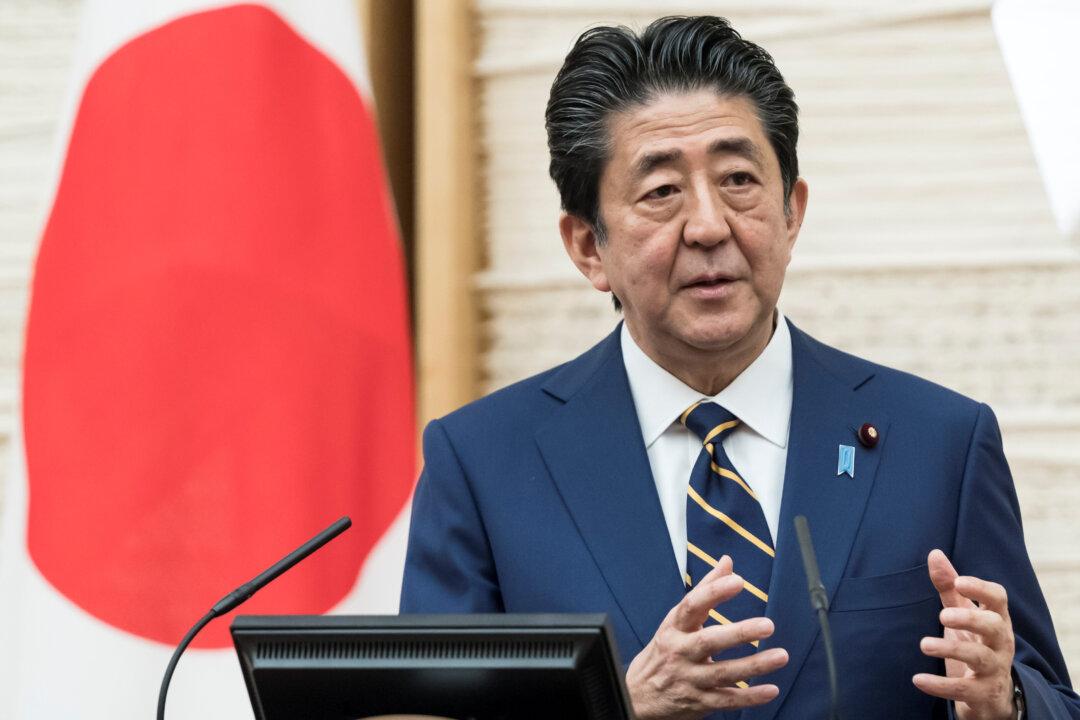Japanese politicians from both ruling and opposition blocs have called for an active debate on its nuclear weapons policy—in the wake of Russia’s invasion of Ukraine. Meanwhile, experts believe Japan will likely revamp its military beyond its self-defense force, potentially changing the world security landscape.
In a recent televised program, former Prime Minister Shinzo Abe of the ruling Liberal Democratic Party (LDP) said Japan should break a long-standing taboo and discuss the idea of “sharing” nuclear weapons with allies by letting them base some of the weapons on Japanese soil.





